
Read offline
Recommendation
The conventional wisdom about freshwater, at least in the affluent West, is hopelessly clouded by how easy it is to use all the water you want by simply turning on the tap. Alex Prud’homme, a longtime magazine journalist, says the days of reliable plenty are in jeopardy. He meticulously lays out the unpleasant facts, covering rampant pollution, moneyed interests seizing control of public resources, growing scarcity amid booming populations, and looming megafloods thanks to global warming. The book’s strength lies in the portraits of the real people at the center of these topics, and that personal touch helps keep a tiny flame of optimism alive that these problems are ultimately human in scale and fixable. This facet is also a weakness in that the book reads like a series of earnest, long-form radio reports – dispatches that push a bony finger onto the pessimism button. Yet this important book stands a better chance than most of moving good people and governments into action. getAbstract recommends it to green-minded industrialists, urban planners, big-vision lawmakers, future-focused engineers, technological innovators and anyone who wants to understand why that plastic bottle of water really isn’t the answer.
Take-Aways
About the Author
Alex Prud’homme has written for The New Yorker, Vanity Fair and Time. He is the author of My Life in France (2006), a memoir of his great-aunt, Julia Child.








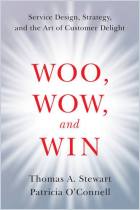
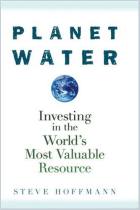
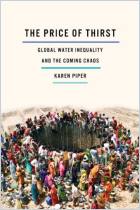
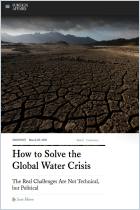
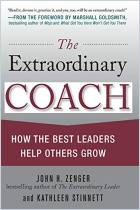




Comment on this summary or Iniciar a Discussão